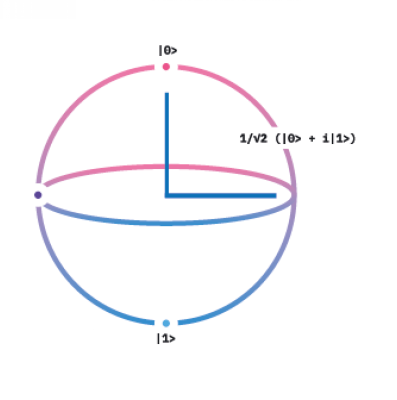Barclays, the UK bank, has been testing the application of quantum computing to securities clearing and settlement, and will be moving on to further experiments in other areas of its business, according to Lee Braine, director and innovation and engineering at the CTO office at Barclays in London.
Speaking at a recent IBM event, Braine said a number of key problems in finance could be tackled with quantum computing, including verifying machine learning, identifying correlations in portfolios and the calculation risk metrics. Barclays and IBM discussed the algorithm it used for the test in a technical paper published on October 15th (see: https://arxiv.org/pdf/1910.05788v1.pdf ) and the settlement experiment was conducted in partnership with IBM’s quantum computing project.
Securities clearing represents: “A difficult and important challenge in financial markets,” said Barclays and IBM in the paper. The potential for savings lies in the sheer scale of the marketplace for securities settlements. In 2018 the DTTC and its subsidiaries cleared $1.85 quadrillion of securities trades (a quadrillion is 100 raised to the power of five – alternatively, number followed by 15 zeros). One way that quantum computing can make settlements more efficient is by working out in which order backlog of settlements should be processed, in order to net most economically and reduce the risk of unrealised gains caused by delays. “Better algorithms increase settlement efficiency,” said the paper.
Even the largest financial firms are still restricted in their access to true quantum computing and the Barclays experiment was conducted with 16 qubits of processing power. When quantum computers are finally used on a day-to-day basis by banks, they will required power running to the thousands of qubits to operate efficiently. The key to building a working model using the limited quantum resources is to construct test scenarios with sufficient layers of abstraction to overlay real-world complexity and so minimise the number of qubits required for the computation. The challenge is that abstraction and simplification is not always possible. “The only way we were able to make original contributions to knowledge was to partner with IBM,” said Braine at the IBM event. “We’re looking forward to packaging more algorithms with quantum computing.”
Other banks are also looking at the opportunities to apply quantum computing to their business. JP Morgan, for example, is understood to be running a project testing derivatives pricing, using a quantum computer to massively speed up Monte Carlo calculations.




